

Ben Zachariah
Police issue warning against popular 4x4 accessory
1 Hour Ago
New law is expected to compel car manufacturers to share all mechanical repair and service information with the independent auto repair sector on “fair and reasonable commercial terms”.

Senior Contributor
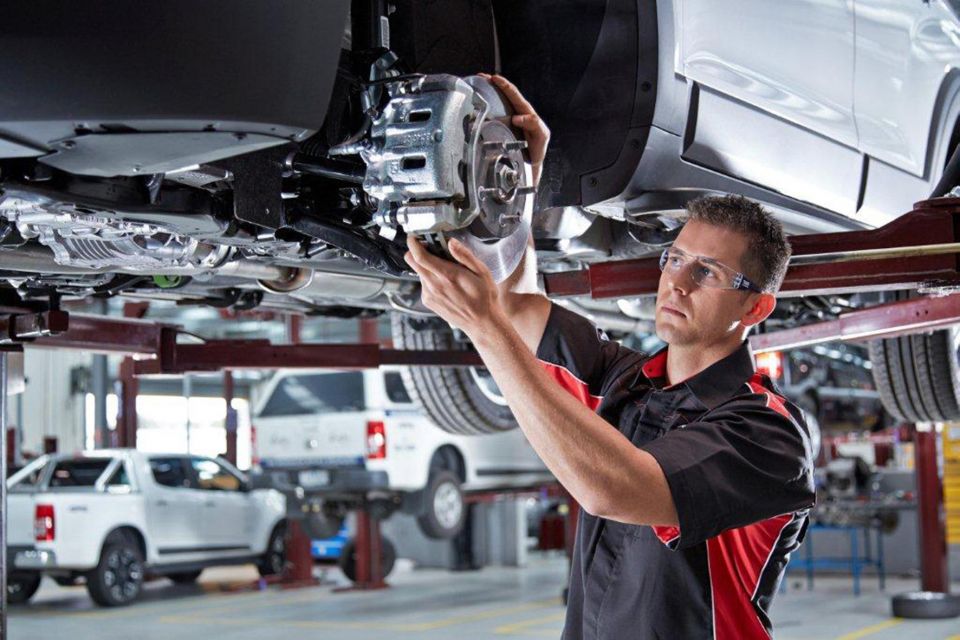

Senior Contributor
Draft legislation mandating that aftermarket repairers be sold access to vital OEM service and repair information appears weeks away from lobbing – prompting celebration from the sector’s representatives.
The law would oblige new-car manufacturers to sell – on “fair and reasonable commercial terms” – access to its proprietary service and repair data, to the claimed 30,000 independent repairer businesses nationwide. We’d point out that many brands already sell their data, but the legislation is expected to mandate it.
When you get your new car serviced, it might be plugged into a diagnostic computer that holds OEM data necessary to identify and fix issues. The idea is to stop any move, from car makers, to oblige people to service their vehicle at a franchise dealership by restricting this data access.
Brands encouraging customers to return to their franchise dealerships with capped-price servicing offers is not the core issue. Rather, the idea is to keep the playing field between OEMs and independent repairers as open as possible, thereby giving people the right to choose where they want to have their pride and joy maintained.
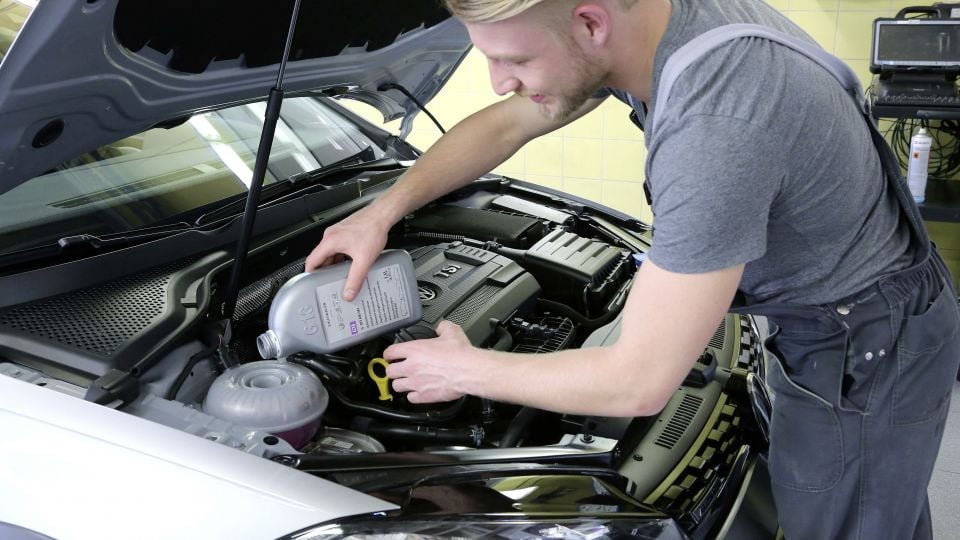
The Australian Automotive Aftermarket Association (AAAA) has called the news a “landmark decision” that comes after 10 years of lobbying, while the Victorian Automobile Chamber of Commerce (VACC) called it “a big win”, and a “step in the right direction”. The Motor Trades Association of Australia (MTAA) also lauded the news.
At the same time, the Federal Chamber of Automotive Industries (FCAI), which is Australia’s peak body for car brands, told us just recently it was working with government and industry associations, and was open to the idea that proprietary service data “should be provided to the market”. In other words, not hostile.
So, what’s the background on this?
On October 29, the office of Assistant Federal Treasurer, Michael Sukkar, announced the terms of reference for a Productivity Commission inquiry into a broad issue titled ‘Right to Repair’. The inquiry appears to be focused across the economy as a whole, and not limited to auto.
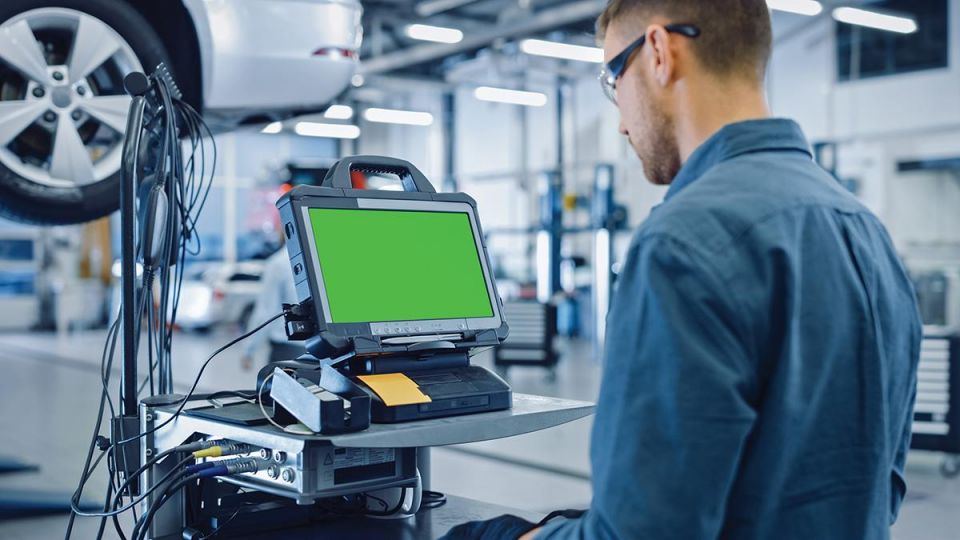
The Right to Repair inquiry was signed off by Federal Treasurer Josh Frydenberg last week. It has been tasked with consulting widely and filing a final report within 12 months.
The Productivity Commission (PC) has been told to seek out regulatory or manufacturer-imposed barriers that prevent consumers from sourcing “competitive repairs”; find how to balance any brand’s commercially-sensitive IP with a data-sharing model; learn the impact rapid product obsolescence has on e-waste; and to determine what impacts might hit the market should firms “have their control over repair removed”.
“The Competition and Consumer Act 2010 (CCA) prohibits anti-competitive behaviour such as exclusive dealing (section 47); however, many right to repair issues are the result of conduct that is not being captured by the prohibition,” the PC said.
“In many cases, suppliers do not impose any such restrictions on consumers with respect to the repair of products they supply. Instead, consumers or third parties are prevented from being able to repair the products due to a lack of access to necessary tools, parts or diagnostic software.”
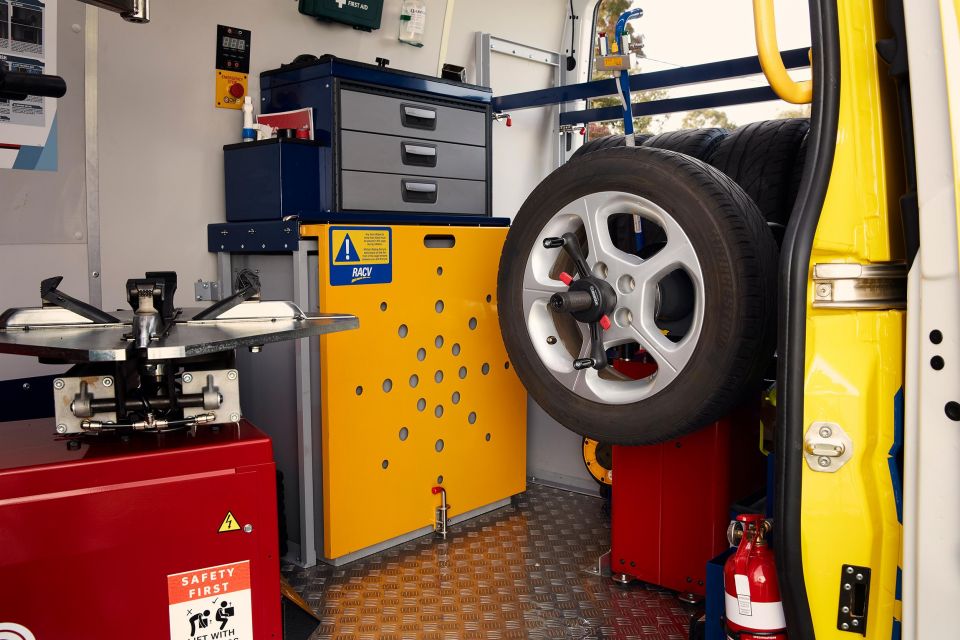
It’s understood the government is also set to commit $250,000 for the establishment of an industry-led organisation – which will include representation from the AAAA, the MTAA, the Australian Automotive Dealer Association (AADA), the Australian Automobile Association (AAA) and the FCAI – to support the law’s operation.
“It has been a long 10-year battle involving literally hundreds of meetings with politicians from all sides, as well as two major inquiries and an 18-month ACCC investigation,” said AAAA CEO Stuart Charity. “No car owner should be forced to take the car back to a dealer because the car manufacturers have artificially manipulated the market by withholding software updates and reinitialisation codes”.
The VACC’s CEO Geoff Gwilym added he thought “fair access to motor vehicle service and repair information from car manufacturers is only right”, also saying “Australia’s industry bodies have fought long and hard for a more even playing field for independent repairers”.
MTAA CEO, Richard Dudley, added: “There have been significant challenges and complexities in addressing this issue, potential solutions and the design and development of the legislation. However, the outcome is potentially world-leading”.
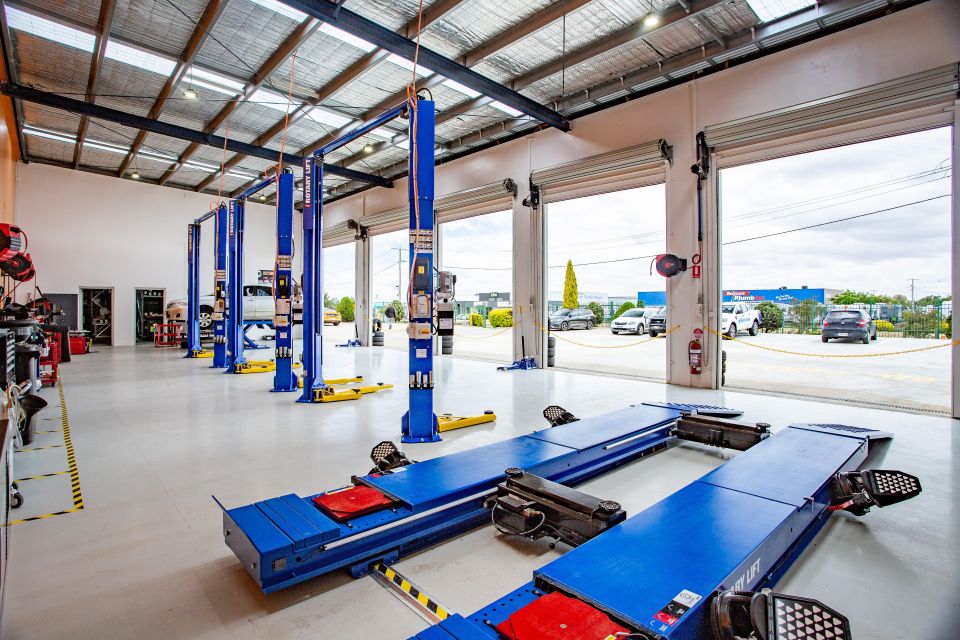
We spoke last week with the FCAI’s CEO Tony Weber, shortly before news of the draft legislation’s progress was released. We asked him about the issue of data access from the perspective of Australia’s 70-plus new vehicle brands.
“We have, many years ago, changed to the view that [proprietary service data] information should be provided to the market. We’re part of a process, led by the Commonwealth Treasury at the moment, to actually supply information to the market. We’re working with the government, we’re working with other industry associations,” he said, and it’s now clear what he was referring to.
“We know the vast majority of the 17-million car fleet at the moment is actually serviced in the independent repairer network, and that has been the case for a long time. They obviously have the information to service those cars. If they don’t, I think there’s some interesting questions journalists could ask the independent repair sector,” Weber continued.
“I believe the issue is addressed, and we will go along and work with the government to actually formalise it.”


Ben Zachariah
1 Hour Ago


William Stopford
2 Hours Ago
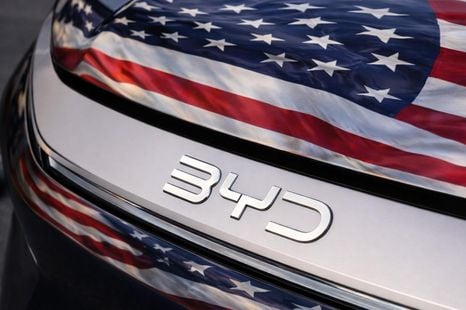

Damion Smy
5 Hours Ago


William Stopford
5 Hours Ago
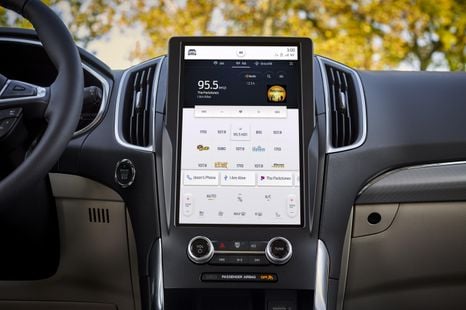

Damion Smy
6 Hours Ago


Damion Smy
7 Hours Ago
Add CarExpert as a Preferred Source on Google so your search results prioritise writing by actual experts, not AI.